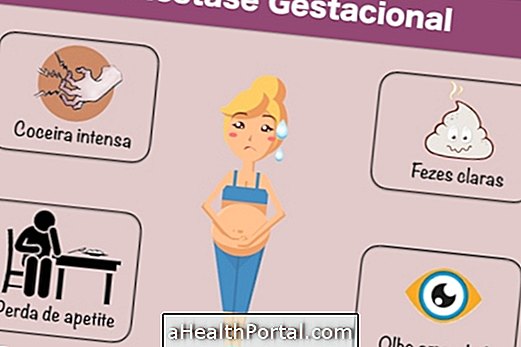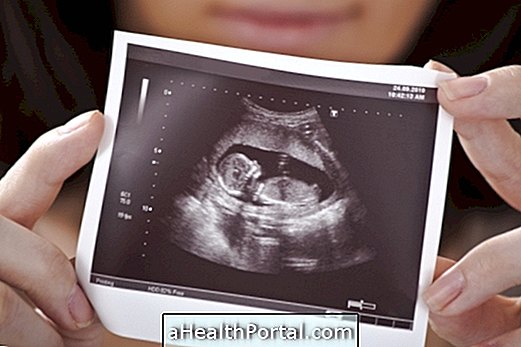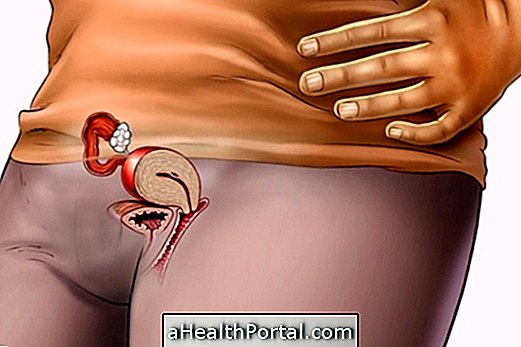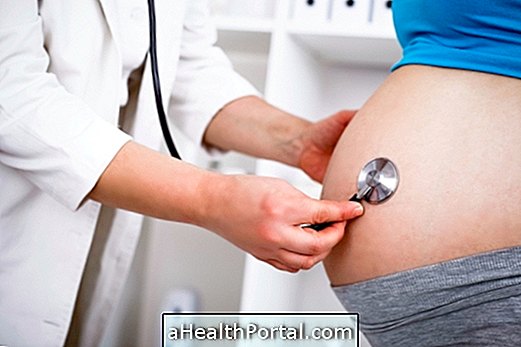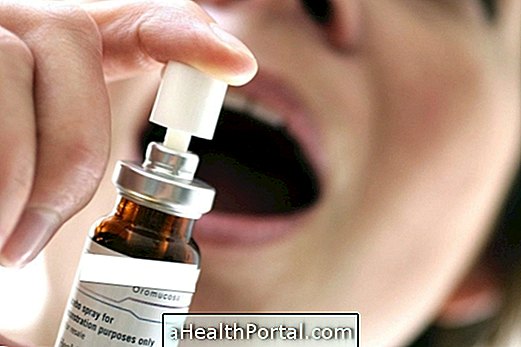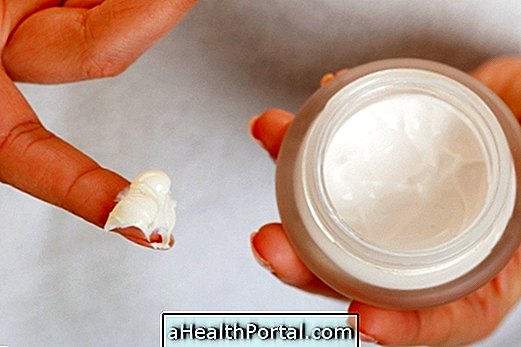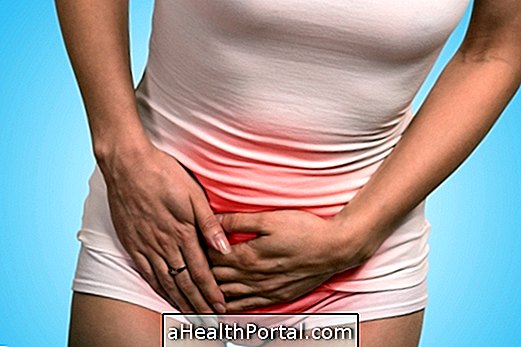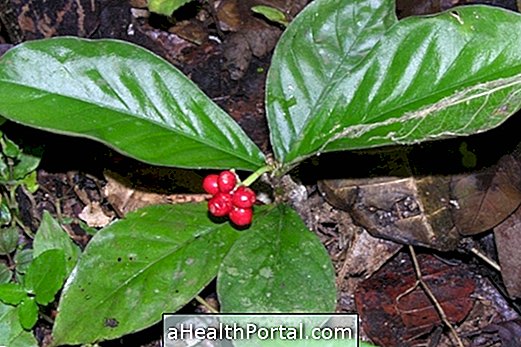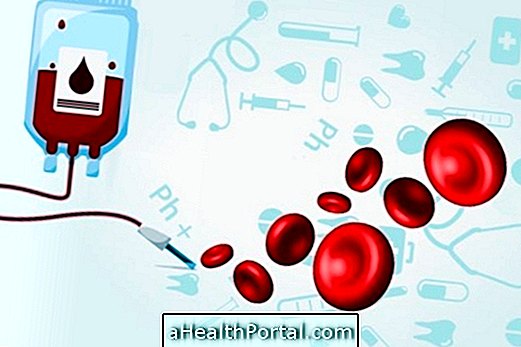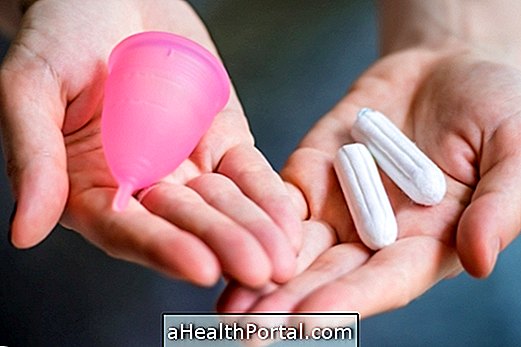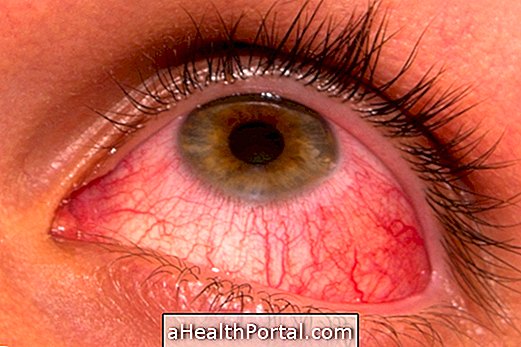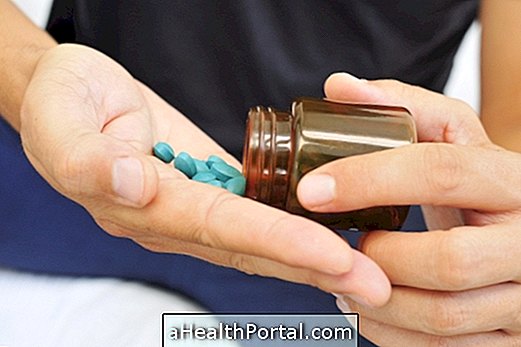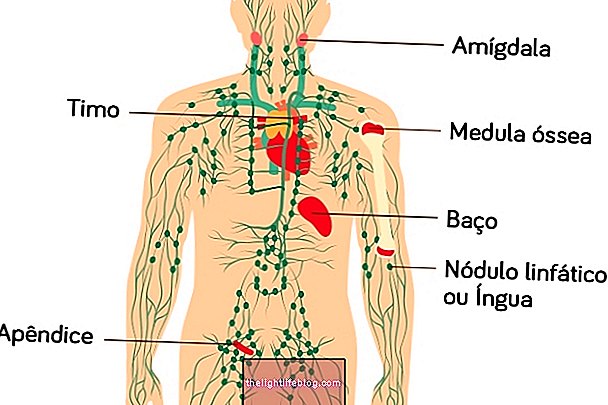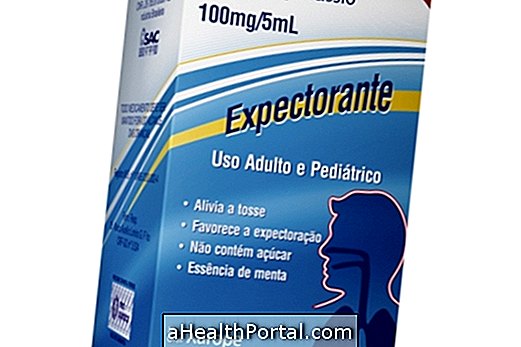In order to become pregnant again after a tubal pregnancy, it is advisable to wait about 4 months if the treatment has been performed with medication or curettage, and 6 months if abdominal surgery has been performed.
Tubal pregnancy is characterized by the implantation of the embryo outside the uterus, the most common site of implantation being the fallopian tubes. This condition is also known as ectopic pregnancy and is usually identified when the woman has symptoms such as acute abdominal pain and bleeding, but the doctor may find that it is a tubal pregnancy when performing ultrasound.

Is it harder to get pregnant after tubal pregnancy?
Some women may find it difficult to get pregnant again after having had an ectopic pregnancy, especially if one of the tubes has ruptured or become injured during the removal of the embryo. The women who needed to remove or injure the two fallopian tubes will not be able to conceive again naturally, and a treatment such as in vitro fertilization, for example, must be performed.
It is possible to know if one of the fallopian tubes is still in good condition, having a chance to become pregnant again naturally, performing a specific examination called hysterosalpingography. This exam consists of placing a contrasting substance inside the tubas, thus showing some injury or 'clogging'.
Tips to increase the chances of getting pregnant
If you still have at least one tube in good condition and have eggs that are mature, you still have a chance of getting pregnant. So be aware of your fertile period, which is when the eggs are mature and can be penetrated by the sperm. You can calculate your next period by entering your following data:

Now that you know what are the best days for you to get pregnant, you should invest in intimate contact these days. Some help that may be helpful include:
- Use an intimate, fertility-enhancing lubricant called Conceive Plus;
- Remain lying down after intercourse, avoiding ejaculate fluid out;
- Wash only the external region (vulva), not performing vaginal douche;
- Eat fertility-enhancing foods like dried fruits, peppers and avocados. See other examples here.
- Take medicines that stimulate ovulation like Clomid.
Also, it is important to stay calm and avoid the stress and anxiety that can lead to hormonal changes, which can alter even the menstrual cycle and consequently the fertile days.
Usually women can get pregnant in less than 1 year of attempts, but if the couple can not get pregnant after this period must be accompanied by the gynecologist and urologist to identify and cause and carry out the appropriate treatment.
